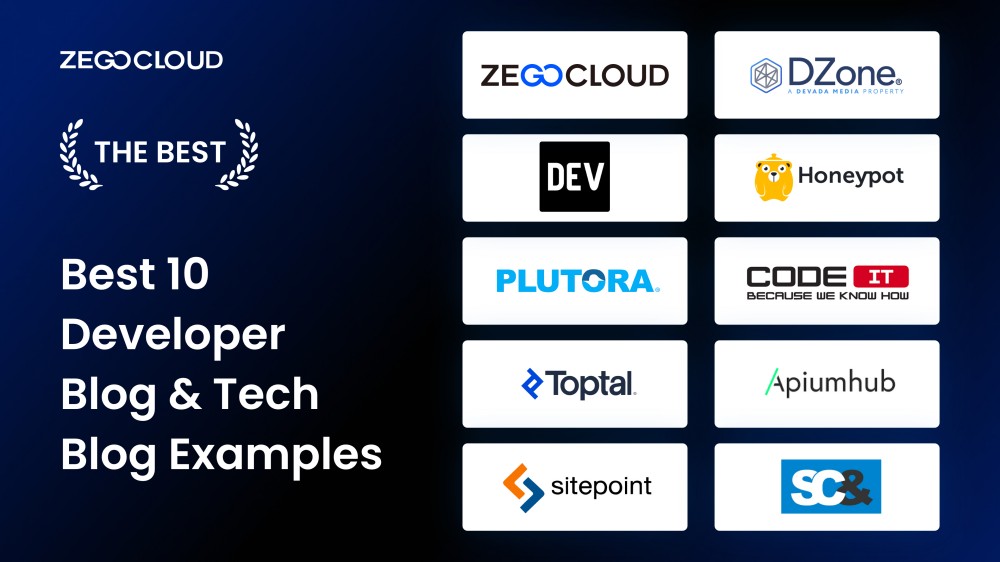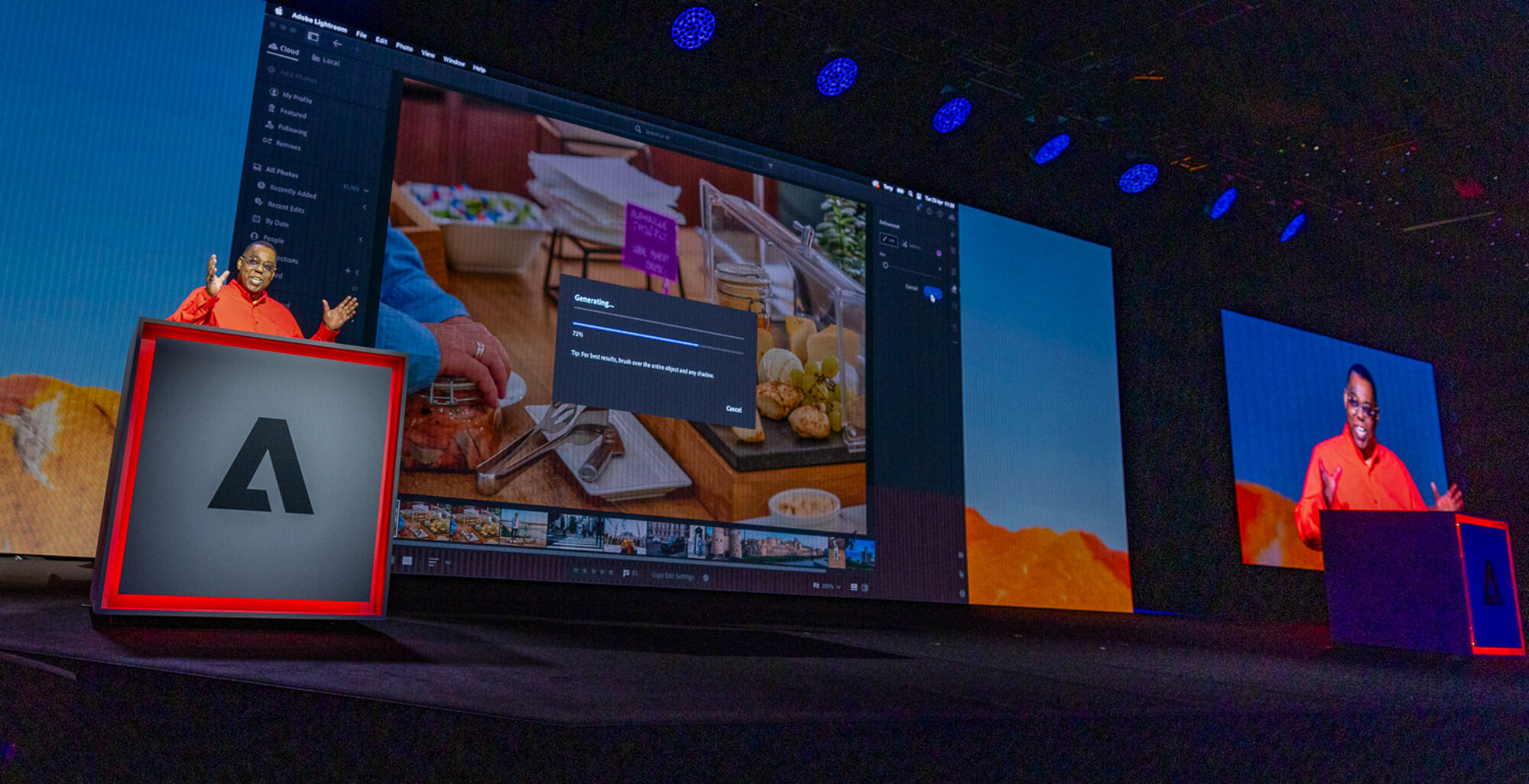Just How Blockchain Technology Is Revolutionizing Data Safety And Security
Blockchain modern technology is essentially modifying the landscape of information safety and security by introducing a decentralized framework that guarantees improved transparency and resilience. Unlike conventional systems, which count on central information repositories, blockchain distributes information across a network, lessening susceptabilities and solitary factors of failing. Using sophisticated cryptographic methods ensures that information remains tamper-proof, fostering depend on among users and stakeholders. As markets swiftly adjust to this innovation, inquiries occur about its wider impact and potential challenges. What ramifications does this change hold for future data security strategies and regulative structures? The solutions might amaze you (Best tech blog).
The Fundamentals of Blockchain
Blockchain modern technology, a revolutionary principle in electronic information administration, basically changes just how information is kept and safeguarded. At its core, a blockchain is a distributed journal that tape-records transactions throughout a network of computers, making sure transparency and immutability.
Key to comprehending blockchain is the hashing process, which secures deal data into an one-of-a-kind alphanumeric code. This cryptographic feature guarantees that any kind of modification in the deal data leads to a totally different hash, consequently safeguarding against meddling. The agreement system, another critical component, verifies and validates brand-new transactions with a network of nodes, thereby getting rid of the demand for a centralized authority.
Moreover, blockchain's append-only structure ensures that data, when added, can not be erased or altered. This characteristic guarantees a irreversible and verifiable record of deals, fostering count on amongst individuals. As a result, blockchain supplies a robust framework for information honesty, providing sectors a reputable method for monitoring and managing electronic info in a protected, clear way.
Decentralization and Safety And Security
Decentralization, a core concept of blockchain modern technology, considerably enhances information safety by distributing control across a network instead than depending on a particular, centralized entity. By dispersing data throughout various nodes, blockchain makes sure that also if one node is endangered, the entire network remains protected.

Each participant in the network has access to the whole blockchain, permitting them to confirm and audit deals separately. On the whole, decentralization is critical in improving data safety and security in blockchain networks.

Cryptographic Methods
At the heart of blockchain innovation, cryptographic strategies play an essential duty in protecting data, making certain both privacy and stability. Cryptography in blockchain uses a combination of asymmetric and symmetrical formulas to secure data, making it obtainable just to accredited events.
Hash functions are one more vital component, transforming input data right into a fixed-size string of personalities, successfully producing a distinct electronic finger print for each and every block. This makes sure that any kind of effort to modify the information will lead to a totally different hash, hence preserving the immutability of the blockchain. Digital trademarks confirm here are the findings the credibility and integrity of deals, giving a layer of non-repudiation.
The decentralized nature of blockchain, combined with robust cryptographic techniques, gets rid of the demand for intermediaries, minimizing potential susceptabilities. As blockchain technology progresses, improvements in cryptography such as zero-knowledge evidence and homomorphic file encryption continue to improve safety measures, even more strengthening information security in this advanced digital ledger system.
Use Instances Across Industries

In the medical care industry, blockchain guarantees the secure storage space and sharing of person records, promoting interoperability while safeguarding delicate data from unauthorized access. This modern technology empowers patients with control over their case history and assists in smooth coordination among doctor.
Supply chain management benefits significantly from blockchain's unalterable journal, which makes sure traceability and authenticity of products from origin to consumer. By improving transparency, blockchain assists reduce problems such as counterfeiting and underhanded sourcing.
Additionally, blockchain's decentralized nature is reshaping the power industry by enabling peer-to-peer power trading, where customers can acquire and market excess renewable resource directly. This fosters an extra sustainable and effective power ecosystem.
In the world of copyright, blockchain offers a tamper-proof platform for makers to sign up and protect their jobs, making certain rightful acknowledgment and reasonable why not look here payment. These varied use situations highlight blockchain's function as an essential pressure in redefining information protection throughout markets.
Future of Information Security
As we seek to the future of data security, blockchain modern technology is positioned to play a critical role in securing electronic details. With its decentralized and unalterable features, blockchain provides a robust framework for securing delicate data against unapproved access and cyber dangers. This innovation guarantees that when data is taped, it is nearly difficult to alter without detection, therefore giving a considerable benefit over traditional data storage space approaches.
The integration of blockchain with other advanced technologies, such as expert system and the Net of Points go to my blog (IoT), is anticipated to improve information security techniques even more. By leveraging wise contracts, organizations can implement and automate protection methods, reducing human error and raising efficiency. Additionally, blockchain's ability to offer deducible and transparent purchases will reinforce count on and accountability in information administration methods.
As regulatory landscapes evolve, blockchain's compliance-friendly nature will become increasingly pertinent. It can assist organizations meet stringent information defense policies, such as the General Data Protection Policy (GDPR) and the California Consumer Privacy Act (CCPA), by offering verifiable documents of data processing activities. Inevitably, blockchain's unique characteristics setting it as a transformative tool in the recurring quest to safeguard the electronic globe against ever-evolving cyber threats.
Conclusion
Blockchain modern technology represents a paradigm change in data safety by leveraging decentralization and cryptographic methods to boost openness, trust fund, and information stability. As cyber threats advance, blockchain arises as a vital tool for durable data protection across numerous sectors.
Blockchain modern technology is basically altering the landscape of data security by introducing a decentralized framework that guarantees improved transparency and durability. Unlike traditional systems, which depend on central data databases, blockchain distributes information throughout a network, decreasing susceptabilities and single factors of failing.Decentralization, a core concept of blockchain innovation, considerably improves information protection by dispersing control throughout a network rather than relying on a single, central entity.At the heart of blockchain technology, cryptographic techniques play an essential duty in securing information, making sure both confidentiality and honesty.Blockchain modern technology stands for a standard shift in data security by leveraging decentralization and cryptographic techniques to boost transparency, trust fund, and information honesty.
Comments on “The Best tech blog: Your Crucial Overview to Browsing the Digital World”